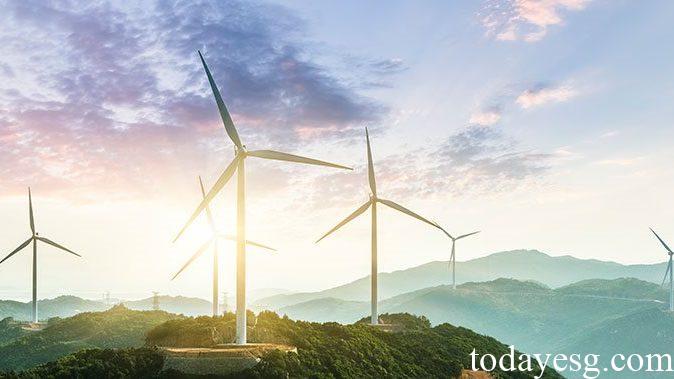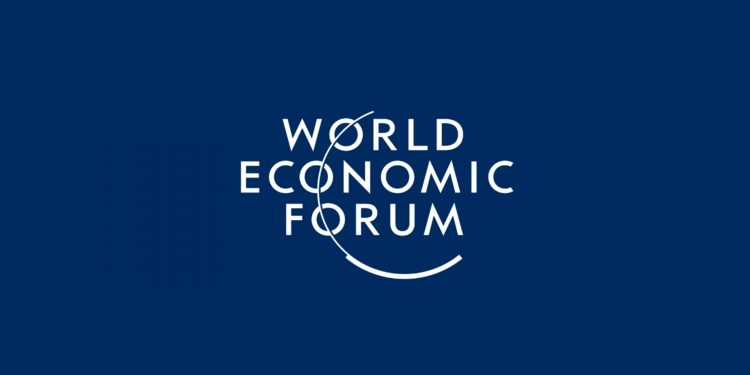Clean Energy Alliance for Developing Countries
The World Economic Forum (WEF) announces the establishment of the Network to Mobilize Clean Energy Investment for the Global South, which aims to provide developing countries with assistance in clean energy transition and attract investment in sustainable infrastructure.
WEF believes that accelerating the transformation of clean energy is an important measure to address climate change, but the current scale of investment in the market is far below the required level. This problem is more obvious in developing countries. Annual investment in clean energy in developing countries around the world needs to increase from the current US$770 billion to US$2.2 trillion to achieve the 2030 phased climate goals.
Related Post: World Economic Forum Releases Global Energy Transition Report
A Just, Equitable and Inclusive Energy Transition
To achieve the warming targets of the Paris Agreement, the world needs a just, equitable and inclusive energy transition. However, the current inequity, inequity and non-inclusiveness of the global energy transition still exist. In terms of energy access, more than 770 million people may not have access to electricity in 2030, 600 million of whom live in sub-Saharan Africa. When it comes to energy prices, rising electricity costs can lead to higher energy bills for individuals.
In addition, 90% of the world’s clean energy investment occurs in developed countries. Due to high borrowing costs, the funding gap in developing countries in the energy transition is gradually expanding, and it has now reached 10-18 times the scale of global public investment. The cost of renewable energy projects in these countries is more than twice that of developed countries.
Although the current energy transition has created many jobs, it has also led to continued unemployment in the fossil fuel industry, which employs more than 32 million people globally. Many developing countries have sufficient fossil fuel resources, and the labor force in the areas is affected. At the same time, some technology transfer restrictions in developed countries prevent these technologies from benefiting the world, which may make the deployment of clean energy in developing countries difficult.

Problems in Global Energy Transition
WEF believes that the global energy transition faces ten problems that need to be solved. These problems are not related to transition technology but need to be solved from the perspectives of countries, industries, and individuals. These questions are:
- Fair distribution: How can the opportunities and costs of the energy transition be equitably distributed between developed and developing countries?
- Equitable emission reduction: How is the burden of emission reduction equitably distributed among countries, companies, industries, and individuals?
- Inclusive transition: How to promote just, equitable and inclusive transformation, considering the priority needs of developing countries?
- Measuring progress: How to measure the progress and impact of the energy transition and establish accountability mechanisms to determine stakeholder responsibilities?
- Energy affordability: How to ensure affordable energy access for all, especially the poor?
- Balancing: How to balance benefits and costs during transformation to ensure positive outcomes?
- Co-opetition: How do stakeholders cooperate and compete between the common good and the public good?
- Job creation: How can the job opportunities created by the energy transition be shared with everyone?
- Information disclosure: How to enhance information transparency in the energy transition?
- Rebuilding trust: How to build trust mechanisms for the energy transition between governments, businesses, and individuals?
Recommendations for the Global Energy Transition
To solve these problems, WEF provides the following recommendations for the energy transition:
- Develop regulatory policies and fiscal measures: Countries need to use tax relief and fiscal subsidy policies prudently to reduce the negative impact of vulnerable groups in the energy transition and implement transfer payments to help developing countries narrow the financing gap.
- Increase investment in clean energy: Countries need to focus on regions and individuals with insufficient energy access, rely on financial institutions and private capital investment, and ensure that funds flow to where they can have the greatest impact.
- Provide clean energy employment and training: The energy transition will create 14 million clean energy-related jobs in 2030. Countries need to pay attention to these new employment plans and provide retraining for those who are unemployed due to the transition.
- Invest in energy infrastructure: While increasing renewable energy will play an important role in the energy transition, countries also need to ensure that this energy is efficiently allocated to where it is needed. Investment in infrastructure will solve this bottleneck.
- Accelerate energy technology innovation: In addition to deploying existing clean energy technologies, the market also needs to innovate in new clean energy technologies to reduce costs, develop new business models and implement technology transfer.
Reference:
Global Leaders Unite to Triple Clean Energy Investment in Emerging Economies
ESG Advertisements Contact:todayesg@gmail.com








